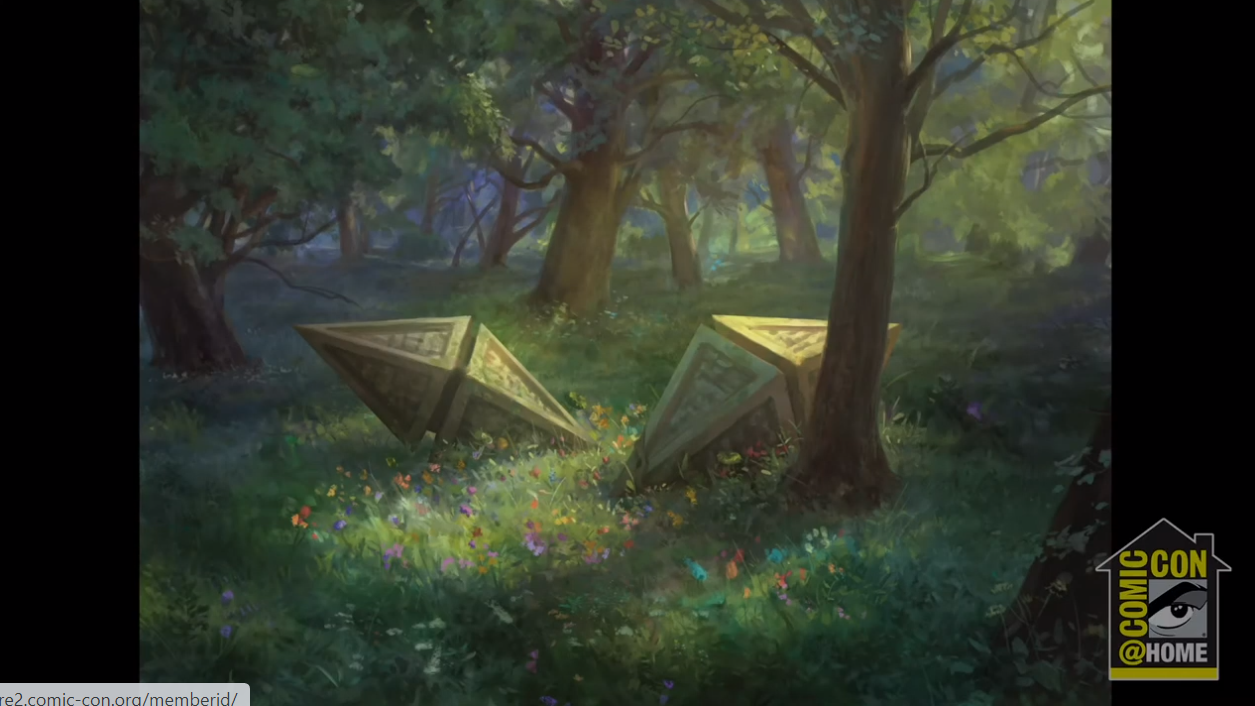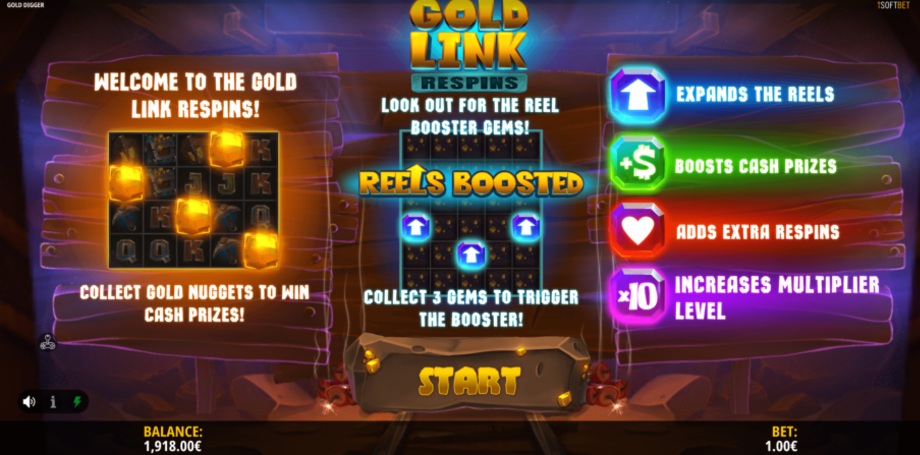- Wild Power Boost, from iSoftBet, isn’t the sort of slot machine you want to be tangling with lightly, for it has a cluttered and busy interface that could easily stump the best of us. Only veteran gamers will probably be prepared for the onslaught on the eyes.
- TP-Link N300 WiFi Extender(TL-WA855RE)-Covers Up to 800 Sq.ft, WiFi Range Extender Supports up to 300Mbps Speed, Wireless Signal Booster and Access Point for Home, Single Band 2.4Ghz Only 3.9 out of 5 stars 91,983.
The Boost.Signals2 library is an implementation of a managed signals and slots system. Signals represent callbacks with multiple targets, and are also called publishers or events in similar systems. Signals are connected to some set of slots, which are callback receivers (also called event targets or subscribers), which are called when the signal is 'emitted.'

Booster is a 5-reel, 25-line online slot game with bonus round, bonus spins, instant play, autoplay, video slots, wild symbol, scatter symbol, mobile gaming, lightning, space and stars themes you can play at.
Xpro Booster Slot Online
Signals and slots are managed, in that signals and slots (or, more properly, objects that occur as part of the slots) can track connections and are capable of automatically disconnecting signal/slot connections when either is destroyed. This enables the user to make signal/slot connections without expending a great effort to manage the lifetimes of those connections with regard to the lifetimes of all objects involved.
When signals are connected to multiple slots, there is a question regarding the relationship between the return values of the slots and the return value of the signals. Boost.Signals2 allows the user to specify the manner in which multiple return values are combined.


Slot Booster Doubledown Casino
This documentation describes a thread-safe variant of the original Boost.Signals library. There have been some changes to the interface to support thread-safety, mostly with respect to automatic connection management. This implementation was written by Frank Mori Hess. Acknowledgements are also due to Timmo Stange, Peter Dimov, and Tony Van Eerd for ideas and feedback, and to Douglas Gregor for the original version of Boost.Signals this effort was based on.